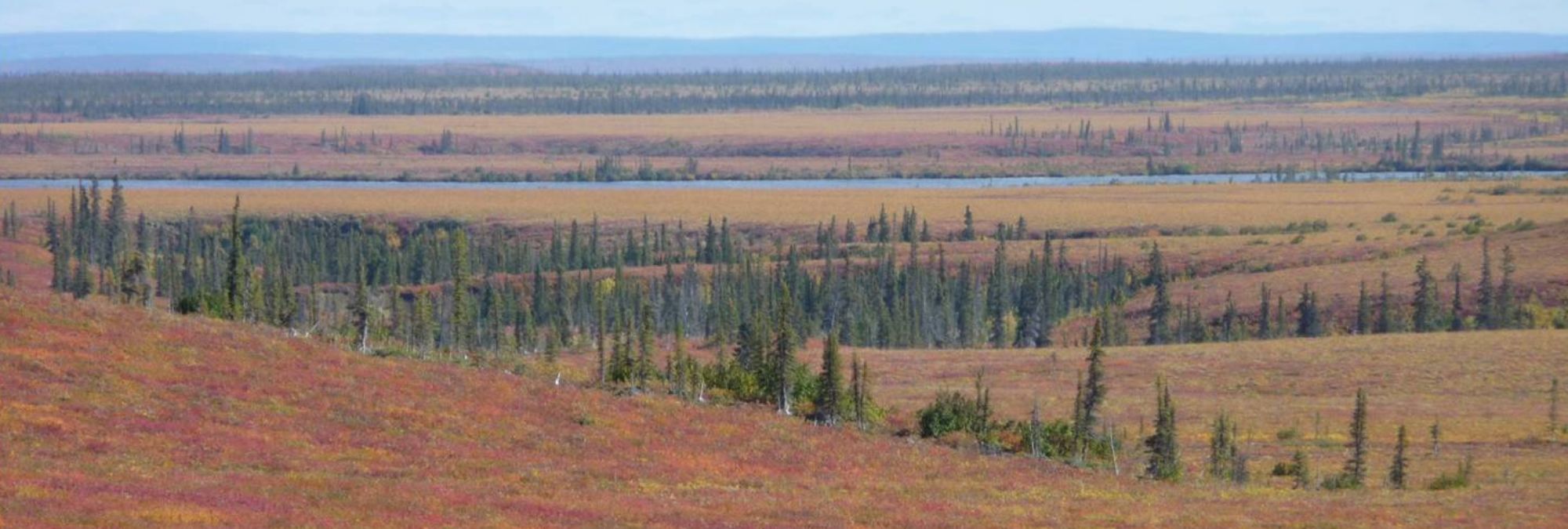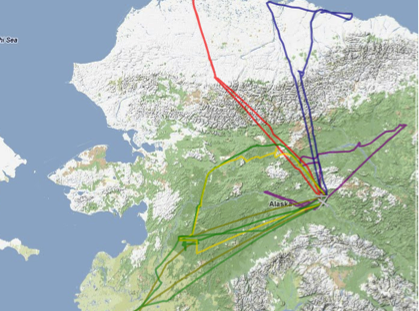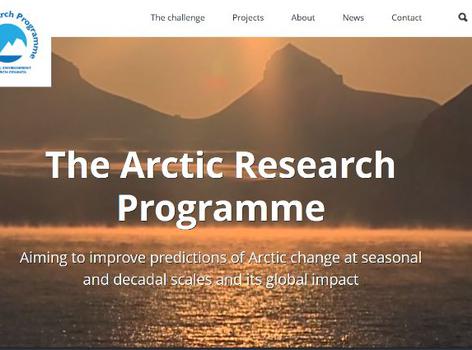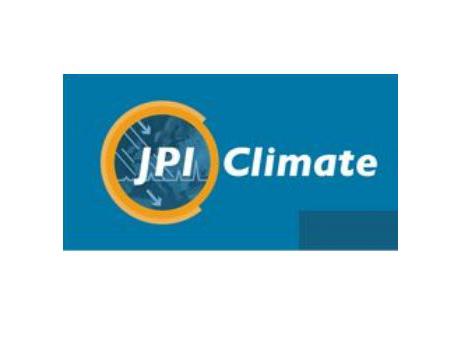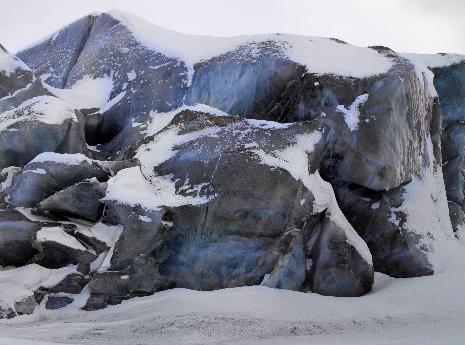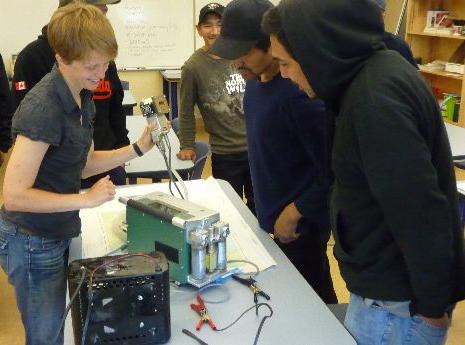Hydrological Controls on Carbon Cycling and Greenhouse Gas Budgets (HYDRA)
Permafrost, defined as soil which remains at or below 0°C for at least two consecutive years, covers some 25% of the Northern hemisphere’s land surface. Billions of tonnes of organic materials are stored in these vast expanses of frozen soil, which prevents them from decomposing and their carbon from being released into the atmosphere as greenhouse gases.
There is growing evidence, however, of the rapid climatic changes observed in the Arctic causing permafrost to thaw. This process has the potential to release large quantities of carbon dioxide and methane, two of the most common greenhouse gases, into the atmosphere and into water flowing through these areas. The hydrological and carbon cycles of the Arctic are therefore both affected by thawing permafrost, with water routing changing as previously frozen soils become permeable.
HYDRA
Studying sites in Arctic Canada to investigating the biological, chemical and physical controls on the release of greenhouse gases from permafrost into melt water and to the atmosphere and how these emissions will influence global warming.
Inuvik
View our interactive mapHYDRA aims to study a number of sites around Arctic Canada, investigating the biological, chemical and physical controls on the release of greenhouse gases from permafrost into water and the atmosphere and how this will affect global warming. Studying the links and interactions between the hydrological and carbon cycles on small scales is key to understanding the carbon budget of the Arctic. The team will be in the field for a total of four field seasons, moving between study sites using helicopters based in Inuvik, Canada.
The research done by HYDRA scientists will benefit local and indigenous peoples who live in and depend on permafrost ecosystems as well as communities around the world whose understanding of the potential consequences of climatic change will be improved.
The HYDRA team are maintaining a blog at http://perma-hydro-c.weebly.com/index.html.
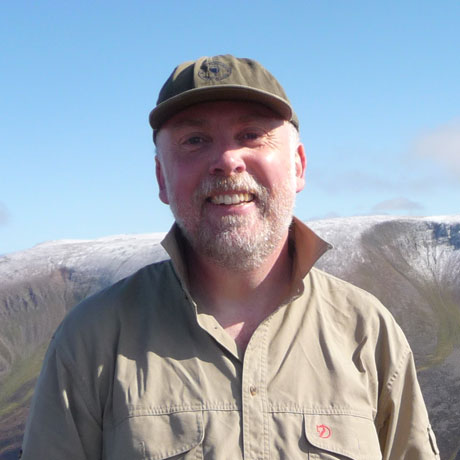
Professor Philip Wookey, Lead Investigator
Professor Wookey is Chair in Ecosystem Science at Heriot-Watt University.
He attributes his love for fieldwork and for the Arctic (and for cold parts of the world more generally) to his northern Scottish heritage and to a field expedition to northern Iceland as an undergraduate, and he is a member of the International Arctic Science Committee’s Terrestrial Working Group and the EU “INTERACT” Transnational Access Board.
As a biogeochemist and ecosystems ecologist, Professor Wookey studies ecological processes within their spatial and temporal contexts, and within the context of the larger Earth system. Since the early 1990s, he has focussed increasingly on ecosystems in the Arctic. He is particularly interested in the resilience and responsiveness of high-latitude ecosystems (such as permafrost systems) to environmental change, and in the impacts of airborne pollutants such as sulphur dioxide on plants and soils.
His research generally employs a combination of laboratory data, field observations and experiments, ideally in multi-site studies at transition zones such as the Arctic forest-tundra ecotone or in areas where ice and vegetation interact in a significant way.
View other team members